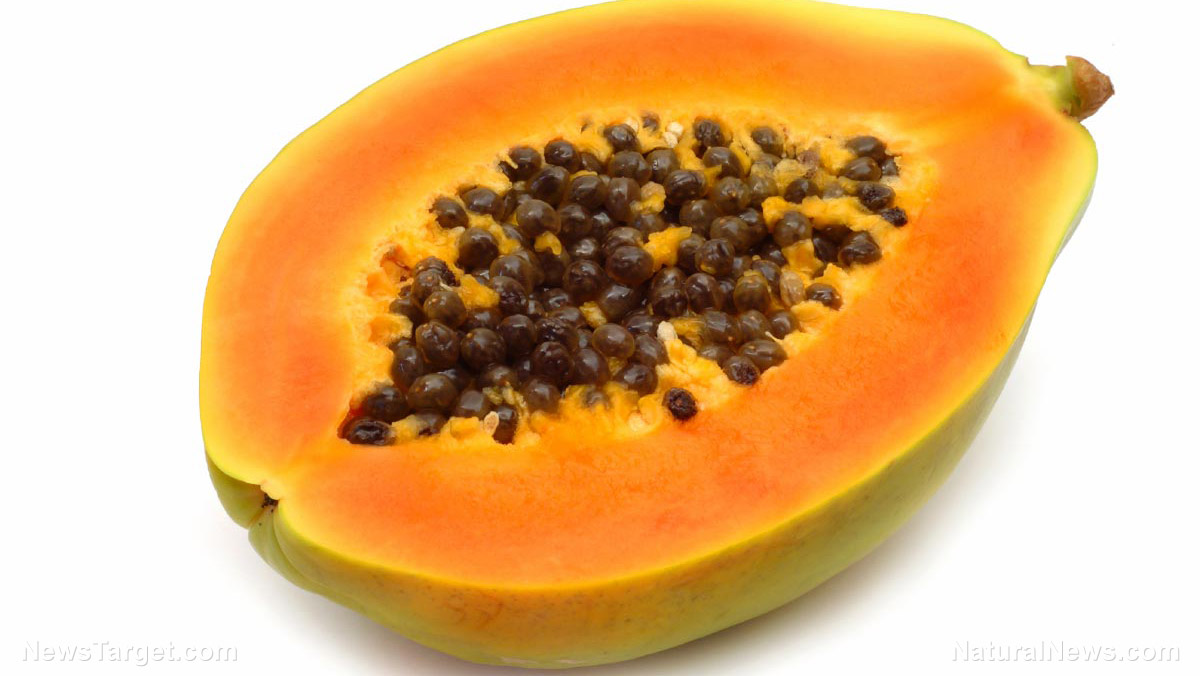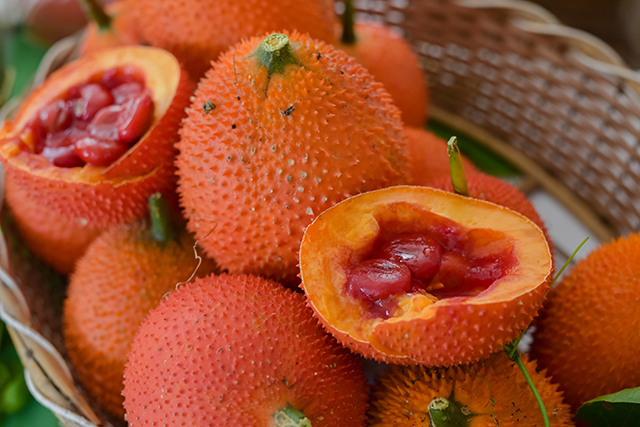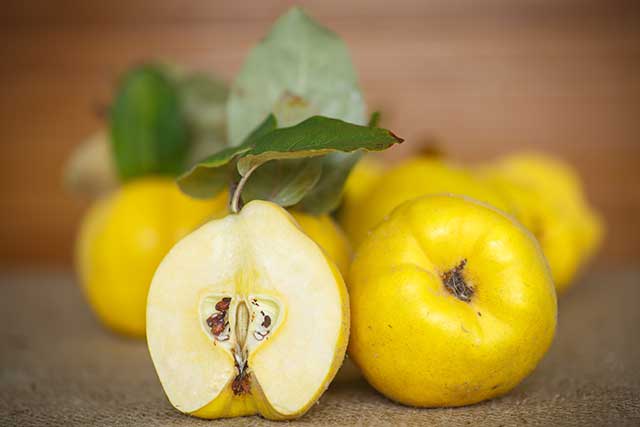Jambul – sources, health benefits, nutrients, uses and constituents at NaturalPedia.com
07/22/2017 / By Jhoanna Robinson

Jambul, which has a scientific name of Syzygium cumini and is also called Indian blackberry, jambil, jambolan, jamun, or Java plum, belongs to the flowering plant family of Myrtaceae, whose members also include guava, myrtle, pohutukawa, acca, allspice, the bay rum tree, clove, and eucalyptus. It originated in India and in parts of southeast Asia and has a mixed sweet and sour taste.
List of known nutrients
- Calcium
- Iron
- Magnesium
- Manganese
- Potassium
- Vitamin A
- Vitamin C
Medicinal uses for jambul
Jambul can be used to treat diabetes.
Jambul can protect your heart.
The potassium in jambul is good for lowering blood pressure. Also, because it contains low sugar levels, jambul can be a good treat for those on a diet and are trying to lose weight.
Jambul is good for protecting your body against cancer.
Jambul has astringent benefits; therefore, regular ingestion of the fruit can make your skin healthy and radiant-looking. It also helps that jambul is an excellent source of vitamin C. Jambul’s barks and leaves also provide for good oral health by preventing the occurrences of gum bleeding.
Jambul is your body’s ally to stave off symptoms of asthma. It can also treat severe cough and colds and sore throat.
The phytonutrients in jambul is good for protecting your liver against damage and deterioration. Jambul also helps strengthen your bones.
Jambul can also eliminate the toxins in your blood.
Body systems supported by jambul
Jambul can do wonders for your digestive system. Its antibacterial properties can help your stomach fight off infections, reducing the risk of getting severe diarrhea or appendicitis. For best results, eat jambul with black salt and roasted cumin powder to reduce the acidity in your gastrointestinal tract.
Jambul consumption is also proven to boost the immunity system; it protects us from viruses and bacteria and at the same time provide us with energy that lasts the whole day. It is good for preventing sepsis, which is a severe form of infection that is caused by a gangrenous or infected wound.
Ways to consume jambul
Jambul, preferably, should be eaten raw, so that its nutrients can be properly absorbed by the body.
Where to learn more
- Black plum leaf extract protects against fatal effects of radiation
- Two Fruits may Change the Face of Breast Cancer
- 15 Potent Kitchen Remedies that Prevent and Treat Diabetes
- Proven ways to control diabetes at home
- 50 Health benefits of Gooseberry (Amla)
Summary
Jambul is your body’s ally to stave off symptoms of asthma. It can also treat severe cough and colds and sore throat.
The phytonutrients in jambul is good for protecting your liver against damage and deterioration.
Jambul can eliminate the toxins in your blood.
Jambul can do wonders for your digestive system.
Sources include:
Tagged Under: jambul




















